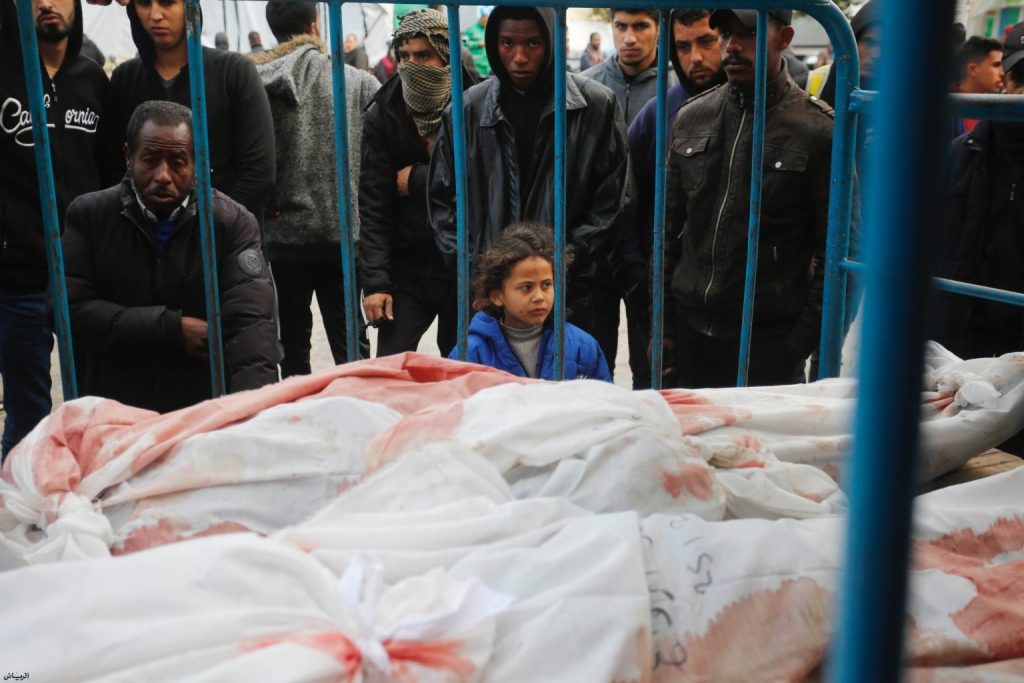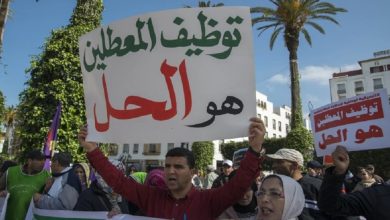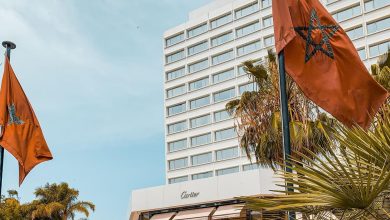The Hague Group: Nine Nations Form New Alliance to Confront Israeli Occupation Crimes
In a historic move, nine non-Arab countries have launched "The Hague Group" to hold Israel accountable for war crimes in Palestine, as Arab regimes remain silent or engage in normalization.
Watan-In an unprecedented move, nine non-Arab countries have announced the formation of a new international alliance called the “The Hague Group,” aimed at confronting Israeli occupation crimes in Palestinian territories and holding it accountable before international courts. This group, which includes countries from Africa, Asia, and Latin America, has pledged to take strict measures against Israel, while Arab regimes either remain silent or engage in normalization efforts.
The alliance consists of South Africa, Senegal, Malaysia, Namibia, Bolivia, Colombia, Cuba, Honduras, and Belize—countries that do not have direct ties to the Palestinian cause but take principled positions calling for an end to the Israeli occupation and accountability for its leaders over war crimes committed in Gaza and the West Bank.
Among the key commitments of The Hague Group are banning the export of weapons and military equipment to Israel, refusing to receive ships carrying weapons or military fuel destined for the Zionist entity, enforcing rulings issued by the International Criminal Court—including arrest warrants against Netanyahu—recognizing Palestinians’ right to self-determination and an end to the Israeli occupation, and calling on the international community to join the alliance in support of justice and the rule of law.

Notably, this alliance does not include any Arab countries, highlighting the complacent stance of Arab regimes toward Palestine. Despite the escalating Israeli aggression on Gaza, some Arab countries continue to cooperate with the occupation in various fields, while others remain silent without taking any meaningful action to support Palestinians or hold Israel accountable for its violations.
With the formation of this alliance, Arab states that have normalized ties with Israel may find themselves in an embarrassing position, especially since The Hague Group has taken a more advanced stance in supporting the Palestinian cause than some nations that claim leadership of the Arab world.
Analysts suggest that this move could increase international pressure on Israel and pave the way for more sanctions and legal actions against the occupation.






